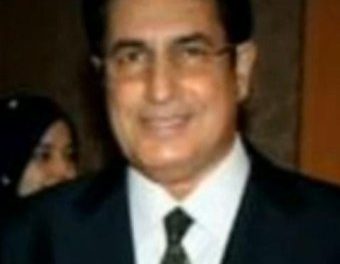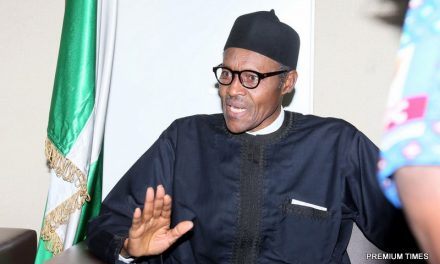
Chief Judge of the Criminal Court Abdulla Mohamed
25 January 2012. Aishath Velezinee was formerly the President’s Member on the Judicial Services Commission (JSC), the watchdog body assigned to appoint and investigate complaints against judges.
She has consistently maintained that the JSC is complicit in protecting judges appointed under the former government, colluding with parliament to ensure legal impunity for senior opposition supporters. During her tenure at the JSC she was never given a desk or so much as a chair to sit down on. In January 2011 she was stabbed twice in the back in broad daylight.
International Commission of Jurists in a statement dated 5 January 2012 stated:
“The International Commission of Jurists (ICJ) has strongly condemned what it calls the ‘violent assault’ on the President’s member to the Judicial Services Commission (JSC), Ms. Aishath Velezinee. The ICJ has called upon the government to immediately launch an ‘independent, impartial, and transparent investigation into this shocking crime’
Ms. Velezinee was stabbed three times in the back by unknown assailants while walking on Chaandhanee Magu near Iskandaru School in Male’. Fortunately her injuries were not life threatening and she was released home the same day.
The ICJ has said that it is ‘gravely concerned’ that the attack may be politically motivated, noting that the attack happened in broad daylight, in a very public place and that there was no evidence of robbery or theft.
The ICJ statement reads that, ‘In her capacity as Presidential appointee to the JSC, Ms. Velezinee has advocated strongly for an independent and accountable judiciary. She has publicly and persistently criticized the JSC for abandoning its Constitutional mandate under Articles 159 and 285 by failing to follow transparent and lawful procedures during the vetting process of the judiciary (excluding the Supreme Court). The JSC majority eventually decided to reappoint 191 of 197 judges despite vocal opposition by Ms. Velezinee and other colleagues, in the context of broader concerns expressed in the legal community about the competency and integrity of a number of such judges.’”
JJ Robinson of Minivan News had a Q&A session with Velezinee on 24 January 2012.
Here are some excerpts from what she told Robinson.
The current judicial crisis represents the failure of Article 285 in 2010, the constitutional provision guaranteeing an independent and qualified judiciary at the conclusion of the two year interim period.
Abdulla Mohamed was at the heart of the matter. But it was very obvious to me that this was not just the action of one man, but a hijacking of the judiciary [by the opposition] – the ‘silent coup’.
The JSC’s cover up of Abdulla Mohamed was also apparent.
He had spoken on TV [against the government] – and it was not just his voice. There was no need to spend two years investigating whether he had said what he said.
If the judicial watchdog can be overruled by a judge sitting in some court somewhere, then it’s dysfunctional. But that’s what has been happening. And [Supreme Court Judge] Adam Mohamed, Chair of the JSC, has probably been encouraging Abdulla Mohamed to do this.
The whole approach of the JSC is to cover up the judge’s misconduct. When it comes to Abdulla Mohamed it’s not just issues of misconduct – it’s possible links with serious criminal activities. There is every reason to believe he is influenced by serious criminals in this country.
It is impossible to work within the constitution when you have lost one arm of the state: we are talking about the country not having a judiciary. When one man becomes a threat to national security – and the personal security of everyone – the head of state must act.
He can’t stand and watch while this man is releasing people accused of murder, who then go out and kill again the same day. We are seeing these reports in the media all along, and everyone is helpless.
If the JSC was functioning properly – and if the Majlis ( the parliament) was up to its oversight duties – we would not have got to this stage. But when all state institutions fail, then it is necessary to act rather than watch while the country falls down.













